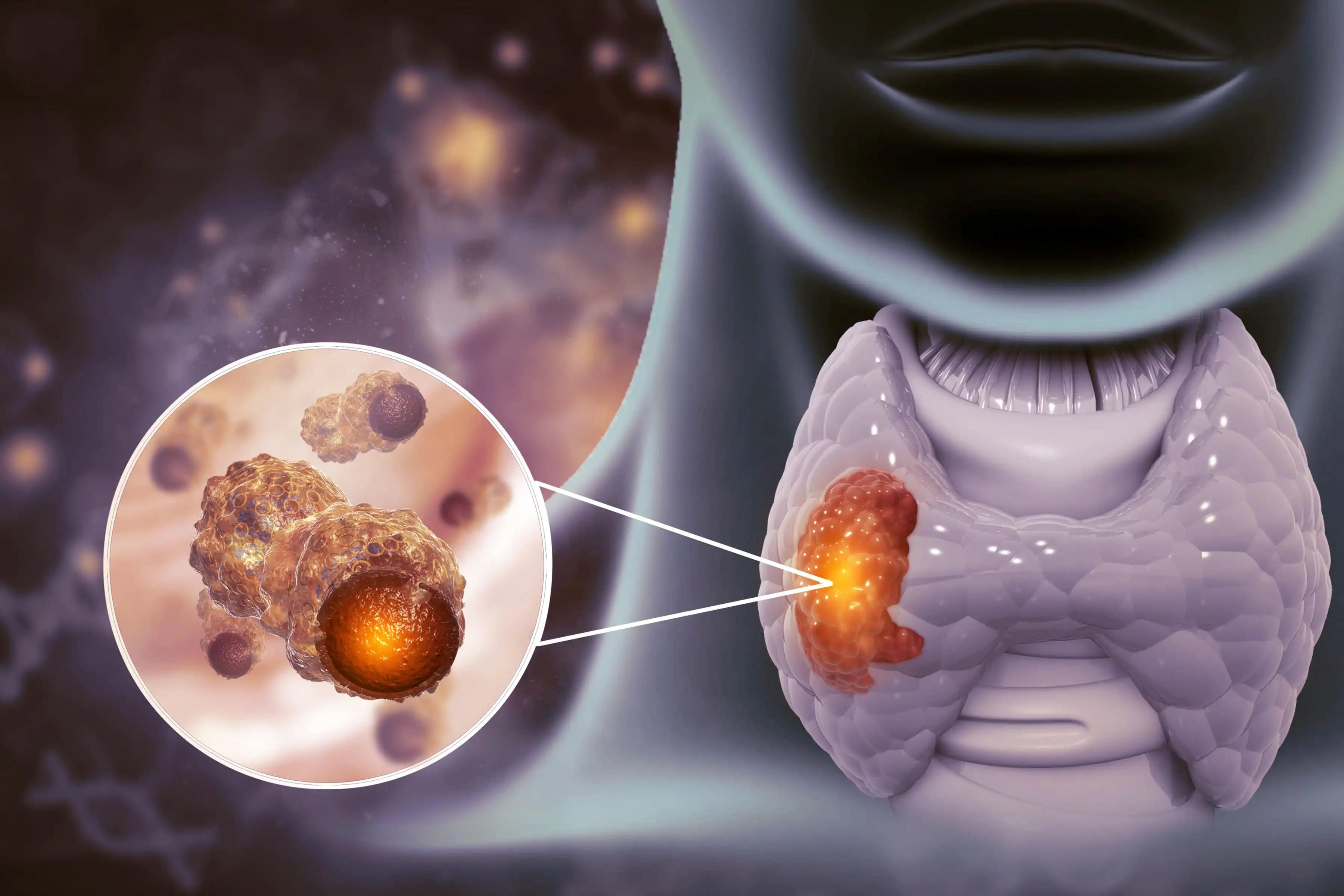KEY TAKEAWAYS
- The study aimed to assess how delaying surgery affects prognosis in ESCC after neoadjuvant immunotherapy.
- The primary endpoint were to determine DFS and OS.
- Delayed surgery worsens DFS and increases mortality risk, especially for patients with favorable immunotherapy responses.
In the management of esophageal squamous cell carcinoma (ESCC), the standard protocol prescribes a 6-week interval between neoadjuvant immunotherapy and surgical intervention. However, the impact of extending this interval on patient prognosis remains unclear.
Guozhen Yang and the team aimed to investigate the effects of delayed surgery on the prognosis of patients with ESCC following neoadjuvant immunotherapy.
Researchers gathered clinical data from patients with locally advanced ESCC who received neoadjuvant immunotherapy and then underwent esophagectomy between November 2019 and December 2022.
The study compared surgery outcomes and prognosis between 2 groups: those who had surgery within 6 weeks (short-interval group) and those who had surgery after more than 6 weeks (long-interval group).
The result showed that 152 patients were enrolled, with 91 in the short-interval group and 61 in the long-interval group. Pathological complete response rates were 34.1% for the short-interval group and 24.6% for the long-interval group (P=0.257). Delayed surgery had no significant impact on lymph node dissections (P=0.133), operative duration (P=0.689), blood loss (P=0.837), hospitalization duration (P=0.293), chest drainage (P=0.886), or postoperative complications (P>0.050).
The 3-year overall survival (OS) rates were 85.10% in the short-interval group and 82.07% in the long-interval group (P=0.435). Disease-free survival (DFS) was 83.41% for the short-interval group and 70.86% for the long-interval group (P=0.037). For patients with favorable immunotherapy responses, the long-interval group showed worse 3-year OS (51.85% vs. 91.08%, P=0.035) and DFS (47.40% vs. 91.08%, P=0.014).
The study concluded that delayed surgery after neoadjuvant immunotherapy does not enhance pathological response and leads to worse DFS. Specifically, delayed surgery increases mortality and recurrence risk for patients with favorable immunotherapy responses.
The study was funded by the Science and Technology Program of Guangzhou and the Science and Technology Project of Guangdong Esophageal Cancer Research Institute
Source: https://pubmed.ncbi.nlm.nih.gov/39105817/
Yang G, Hong Y, Zhang X, et al. (2024). “Impact of the interval between neoadjuvant immunotherapy and surgery on prognosis in esophageal squamous cell carcinoma (ESCC): a real-world study.” Cancer Immunol Immunother. 2024 Aug 6;73(10):202. doi: 10.1007/s00262-024-03787-2. PMID: 39105817.



